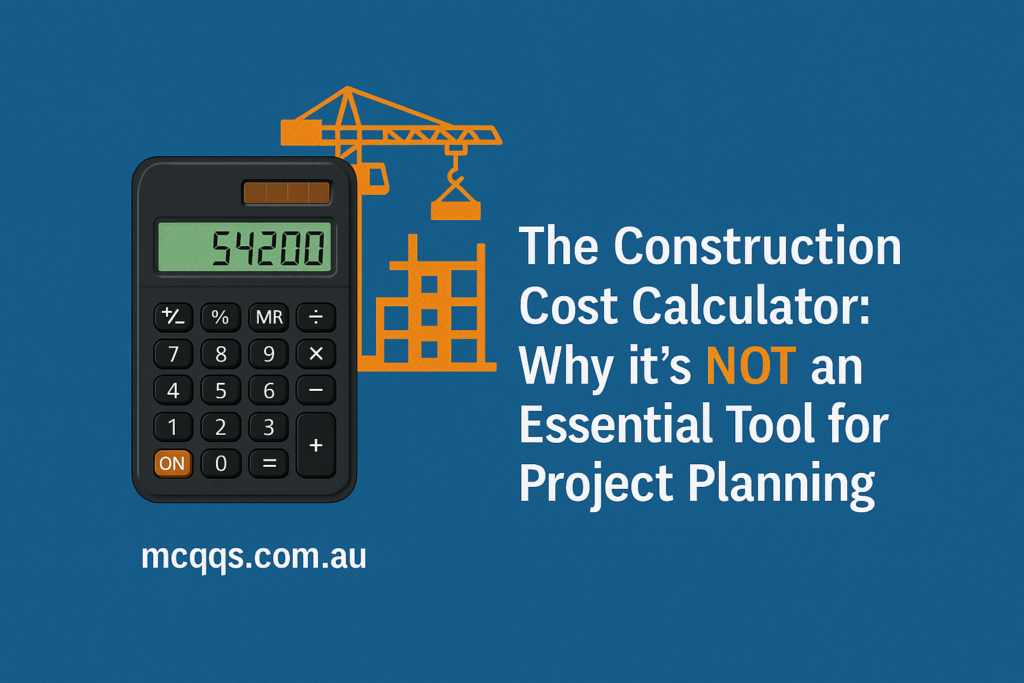The Construction Cost Calculator: Why it’s NOT an Essential Tool for Project Planning

Construction cost calculators have become increasingly popular in recent years, with many contractors and owners relying on them to estimate the cost of a construction project. While these calculators can be useful in some cases, they are not always an essential tool for project planning. In fact, there are several reasons why relying solely on a construction cost calculator can lead to inaccurate cost estimates and ultimately, project failures.
One of the main reasons why construction cost calculators are not an essential tool for project planning is that they are based on general averages and assumptions. These calculators often use broad estimates for materials, labour, and other costs, which can vary greatly depending on the specifics of the project. For example, a cost calculator may estimate the cost of drywall installation at $1 per square foot, but this estimate may not take into account factors such as the type of drywall used, the location of the project, or the skill level of the workers.
Another issue with construction cost calculators is that they do not account for all of the costs associated with a construction project. These calculators may provide estimates for materials and labour, but they often do not include other costs such as permits, insurance, equipment rental, or subcontractor fees. These additional costs can add up quickly and significantly impact the overall cost of a project.
Furthermore, construction cost calculators are not able to account for unexpected or unforeseen costs that may arise during a project. For example, if a contractor encounters unexpected site conditions that require additional work or materials, a cost calculator will not be able to provide an accurate estimate of the additional costs. This can result in significant cost overruns and delays in project completion.
In addition to these factors, it is also important to consider the limitations of construction cost calculators in terms of their ability to provide detailed cost estimates. These calculators often provide a broad overview of the costs associated with a project but do not take into account the specific details and nuances of the project. For example, a cost calculator may provide an estimate for the cost of framing a house, but it may not take into account factors such as the complexity of the design, the location of the project, or the quality of the materials used.
Ultimately, construction cost calculators should not be relied upon as the sole tool for project planning. Instead, it is important for contractors and owners to work with experienced construction estimators who can provide detailed and accurate cost estimates based on the specific details of the project. These professionals have the knowledge and expertise to take into account all of the factors that can impact the cost of a construction project and can provide realistic estimates that are more likely to be accurate and reliable.
In conclusion, while construction cost calculators may seem like a convenient and easy way to estimate the cost of a construction project, they should not be relied upon as the only tool for project planning. Instead, it is important to work with experienced construction estimators who can provide detailed and accurate cost estimates based on the specific details of the project. By doing so, contractors and owners can ensure that their projects are completed within budget and on time, without the risk of cost overruns or other issues.
